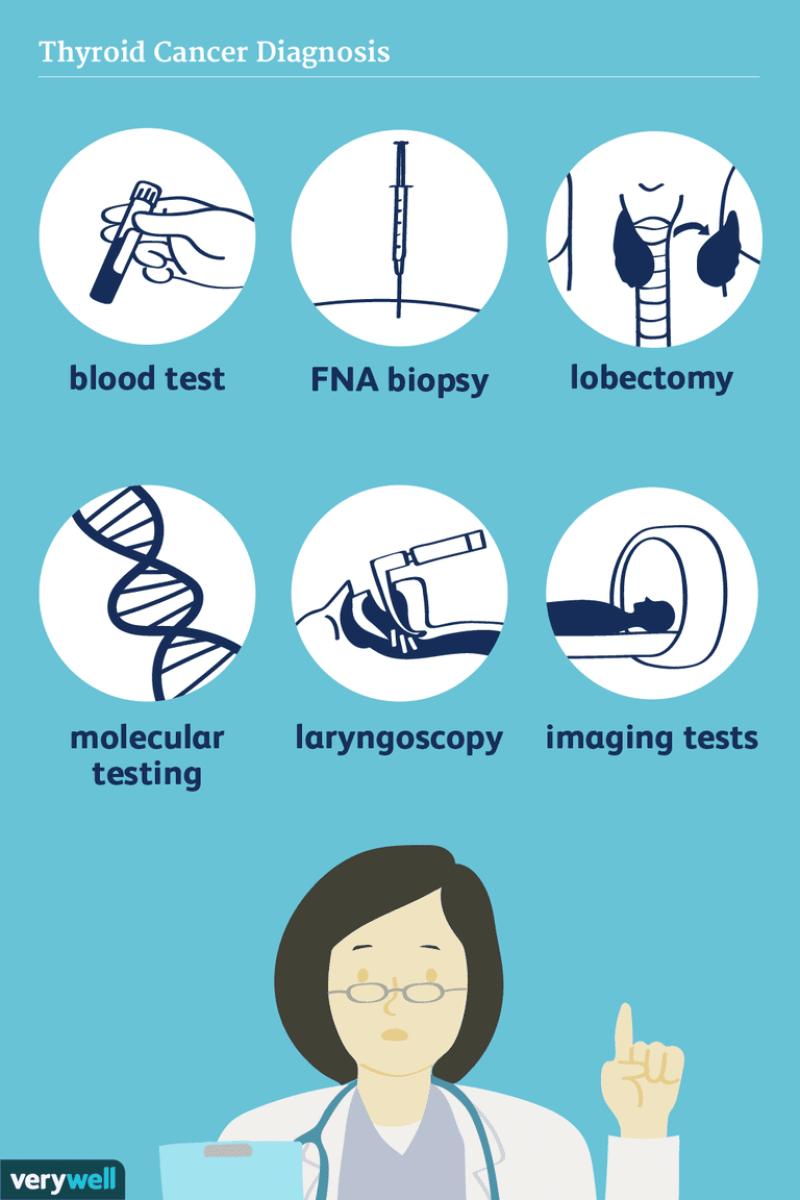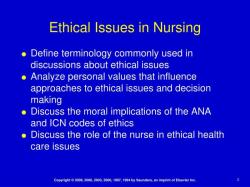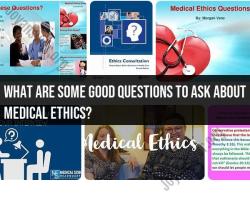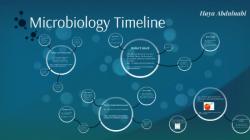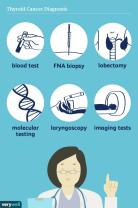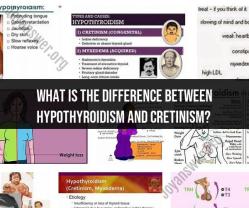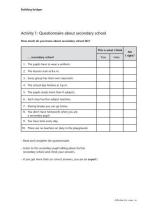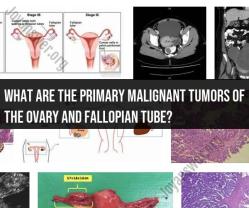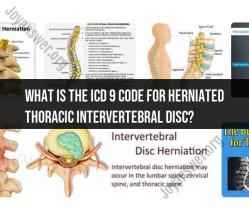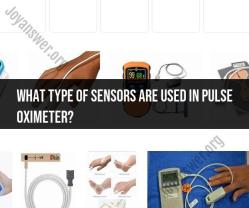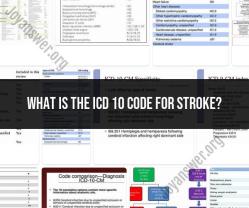What is the best test for thyroid cancer?
The diagnosis of thyroid cancer involves a combination of clinical evaluation, imaging studies, and laboratory tests. The choice of tests depends on various factors, including the presence of symptoms, physical examination findings, and the results of initial screenings. The following are common tests used to detect and diagnose thyroid cancer:
Thyroid Ultrasound:
- Ultrasound is a common imaging test used to evaluate thyroid nodules. It can help determine the size, location, and characteristics of a thyroid nodule. Ultrasound is often the first step in evaluating thyroid abnormalities.
Fine Needle Aspiration (FNA) Biopsy:
- FNA biopsy involves using a thin needle to collect a tissue sample from the thyroid nodule for examination under a microscope. This procedure is crucial in determining whether a thyroid nodule is cancerous (malignant) or benign (noncancerous).
Thyroid Function Tests:
- Blood tests measuring thyroid hormone levels, including thyroid-stimulating hormone (TSH), free thyroxine (T4), and free triiodothyronine (T3), can provide information about the thyroid's function. Abnormalities in these levels may be associated with thyroid cancer.
Radioiodine Scans:
- Radioiodine scans involve the use of a radioactive form of iodine to assess the function and structure of the thyroid gland. This test is not typically used to diagnose thyroid cancer but may be used in certain situations to evaluate thyroid nodules.
Computed Tomography (CT) or Magnetic Resonance Imaging (MRI):
- CT or MRI scans may be performed to assess the extent of thyroid cancer and determine whether it has spread to nearby structures or lymph nodes. These imaging studies can help with staging and treatment planning.
Thyroid Scan:
- A thyroid scan using a radioactive tracer can help identify areas of increased or decreased activity in the thyroid gland. This test is less commonly used for cancer diagnosis but may be employed in certain situations.
Genetic Testing:
- Genetic testing may be considered, especially in cases with a family history of thyroid cancer or when a specific type of thyroid cancer, such as medullary thyroid cancer, is suspected. Genetic testing can identify mutations associated with an increased risk of certain thyroid cancers.
Positron Emission Tomography (PET) Scan:
- PET scans are used to detect areas of increased metabolic activity in the body. While not a routine test for thyroid cancer, it may be used in specific cases to assess whether the cancer has spread to distant organs.
It's important to note that the appropriate combination of tests depends on the individual patient's situation, and decisions about testing should be made in consultation with healthcare professionals, including endocrinologists and thyroid specialists. Early detection and accurate diagnosis are crucial for effective treatment and management of thyroid cancer. If there are concerns about thyroid health or symptoms, it is advisable to consult with a healthcare provider for a thorough evaluation and appropriate testing.
Thyroid Cancer Diagnostic Tests: Advantages and Limitations
Several tests are used to diagnose thyroid cancer, each with its own advantages and limitations:
1. Imaging Tests:
a) Ultrasound:
- Advantages:
- Non-invasive and painless
- Provides detailed images of the thyroid gland
- Can distinguish solid nodules from fluid-filled cysts
- Relatively inexpensive
- Limitations:
- Cannot determine if a nodule is cancerous
- May miss small nodules
b) Radioactive iodine scan:
- Advantages:
- Can assess the function of the thyroid gland and identify areas of overactivity (hot nodules)
- Helpful in determining the presence of thyroid cancer and tracking its spread
- Limitations:
- Exposes the patient to radiation
- Cannot definitively diagnose cancer
- Some cancerous nodules may not appear as "hot"
c) CT scan and MRI:
- Advantages:
- Provide detailed images of the thyroid and surrounding structures
- Can help determine if cancer has spread to other parts of the body
- Limitations:
- More expensive than ultrasound
- Expose the patient to radiation (CT scan)
- May not be able to distinguish cancerous nodules from benign ones
2. Thyroid Biopsy:
- Advantages:
- The most accurate way to diagnose thyroid cancer
- Provides a definitive diagnosis by directly examining a sample of thyroid tissue
- Limitations:
- Invasive procedure, requiring a needle insertion into the thyroid gland
- Carries a small risk of bleeding, infection, and nerve damage
- Results may not always be conclusive
Comparison of Biopsy and Imaging Tests:
| Feature | Biopsy | Imaging Tests |
|---|---|---|
| Accuracy | Most accurate | May miss small nodules or not definitively diagnose cancer |
| Invasiveness | Invasive | Non-invasive |
| Risk | Small risk of bleeding, infection, and nerve damage | No significant risks |
| Cost | More expensive | Less expensive than biopsy |
| Purpose | Definitive diagnosis | Initial screening and assessing spread |
Decision factors:
The choice of diagnostic test depends on several factors, including:
- Symptoms: Presence of concerning symptoms like a lump in the neck, hoarseness, or difficulty swallowing.
- Ultrasound results: If ultrasound reveals suspicious features in a nodule.
- Risk factors: Age, family history of thyroid cancer, and exposure to radiation.
Ultimately, a doctor will recommend the appropriate diagnostic test based on the individual patient's circumstances.
